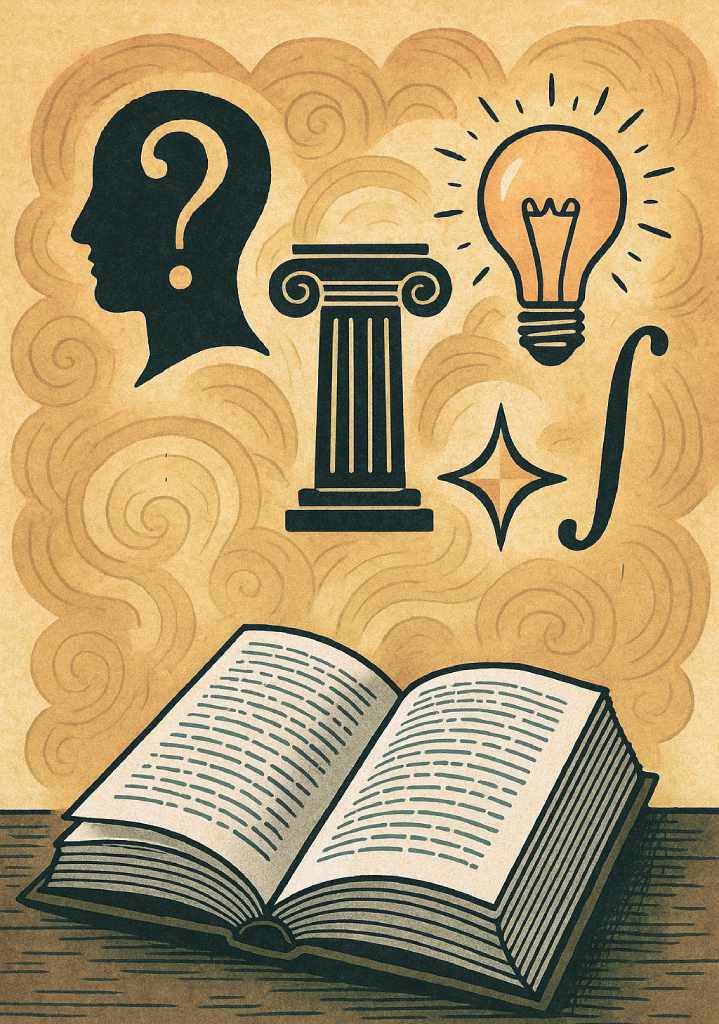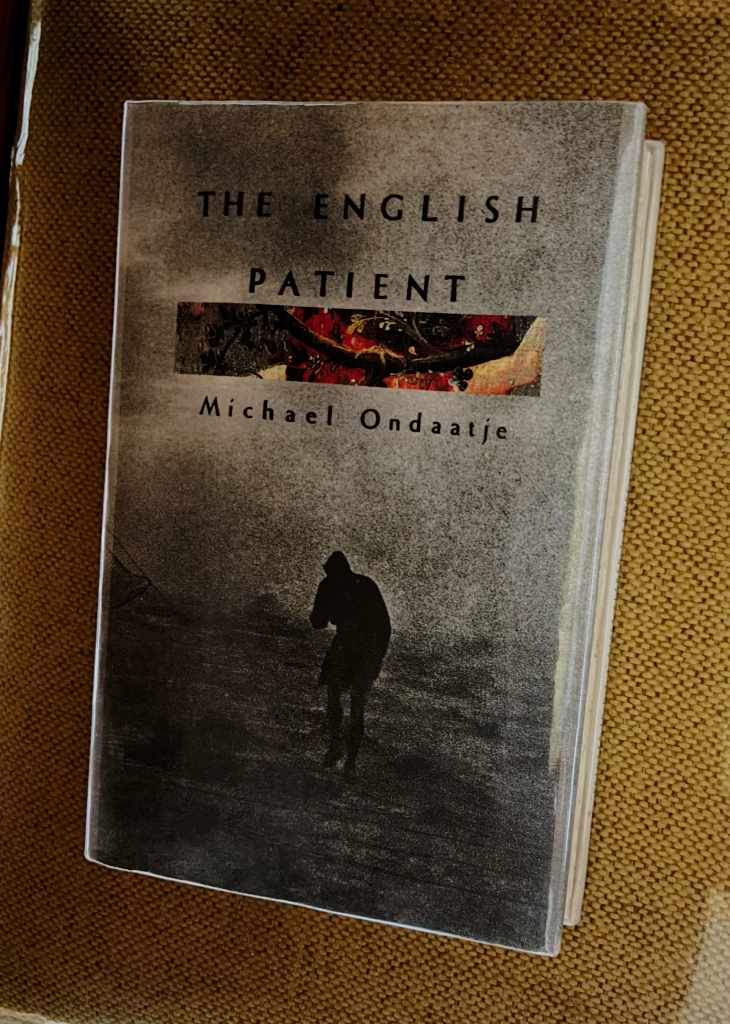Every work of fiction must begin somewhere, yet certain beginnings carry a charge that far exceeds their function. A first sentence can establish authority before any character speaks, create atmosphere before the plot takes form, or awaken questions that only the following pages can answer. To start reading is to enter a compact with language, and the initial words often determine whether that compact feels inevitable or uncertain.
The best first sentences in literature endure because they strike at both art and psychology. They do more than begin a story; they trigger curiosity, set expectation, and establish an immediate emotional or intellectual contract with the reader. While an earlier article on famous examples of the best opening lines of novels showcases the celebrated passages themselves, this piece explores why they work. The interplay of rhythm, image, and cognitive effect explains why some beginnings remain unforgettable long after the book is finished.
Why the Best First Sentences Matter
The beginning of a book is never neutral. It determines whether a reader continues with trust or with hesitation, and for that reason the opening line bears more responsibility than almost any other sentence in the work. The best first sentences are not simply ornamental; they signal confidence, project direction, and establish the framework in which the story will unfold.
A strong opening line also anchors memory. Even when the details of a novel blur, the initial words often remain vivid, as though the entire book were contained in its genesis.
Voice and Authority
Readers instinctively look for a guiding voice at the outset. When the first sentence carries certainty, whether clipped and austere or expansive and lyrical, it creates a tonal contract. That authority persuades the reader to give the book their attention, trusting that the language can sustain the story ahead. Without this confidence, the risk is that the book feels tentative from the start, leaving the reader unconvinced of its necessity.
Orientation and Context
Alongside voice, orientation matters. Many of the best opening lines in books situate the reader immediately, not only through exposition but also through a deft choice of detail. They may announce a time of day, a season, a condition of mind, or a historical moment. Orientation need not be literal; it can also signal thematic direction. By framing how the reader perceives the threshold of the story, such openings compress vast narrative ground into a few words.
The Artistry of Openings
Style governs how an opening takes hold of the reader. The best first lines of books succeed because they achieve a difficult balance: they appear natural yet are meticulously crafted. Their artistry lies not in ornament but in precision, the ability to compress tone, rhythm, and image into a handful of words that establish the potency of a beginning.
The Poetics of Cadence
Language is not only seen but heard. The rhythm of a sentence determines whether it lingers in memory or passes unnoticed. Some openings echo the balance of a well-formed line of verse, with cadences that sound inevitable when spoken aloud. The musical quality need not be lyrical; even blunt, percussive syntax can achieve memorability when arranged with care. Cadence, whether flowing or abrupt, gives the reader a sense that the book has already mastered its own pulse.
Consider the opening of James Baldwin’s Giovanni’s Room (1956): “I stand at the window of this great house in the south of France as night falls, the night which is leading me to the most terrible morning of my life.” Its rhythm is elongated, unhurried, yet fateful. Baldwin’s cadence stretches across clauses until it lands with the gravity of inevitability on the phrase “the most terrible morning of my life.” The sentence’s music carries its foreboding as much as its content does.
Imagery as Hook
Beyond sound, an opening often achieves impact through a single striking image. Vividness sparks recognition and creates a visual or sensory anchor that secures the line in memory. Imagery compresses what might otherwise require paragraphs into a moment that feels both immediate and expansive.
Take the first sentence of Toni Morrison’s Paradise (1997): “They shoot the white girl first.” The starkness of the image is unignorable. The brevity shocks, offering no buffer of context or explanation. In six words, Morrison gives the reader violence, race, and sequence; the impression of fate being enacted in real time. The image itself demands continuation.
Compression of Theme
Certain beginnings achieve their power because they encode the work’s central preoccupations from the outset. Through paradox, irony, or sheer condensation, they offer in miniature the scope of the whole. This compression makes the first sentence feel like an interpretive key, one that both conceals and reveals what the book will labor to unfold.
Margaret Atwood accomplishes this in The Handmaid’s Tale (1985): “We slept in what had once been the gymnasium.” The sentence is simple, but its compression is formidable. It gestures to a vanished normalcy (“what had once been”), signals the dystopian transformation of the familiar, and establishes a communal voice through “we.” The entire architecture of the novel is latent in this small displacement of the ordinary.
The Science of Openings
Art and psychology explain much about memorable beginnings, but research in linguistics and cognitive science clarifies how the brain processes them. A first sentence functions not only as style but as signal, something that orients attention, frames anticipation, and prepares the mind for narrative absorption.
Orientation Devices in Linguistics
Linguists describe openings as “orientation devices.” They position the reader within a frame, whether temporal, spatial, or psychological. A declarative statement creates stability, a paradox disturbs, and direct address reduces the distance between writer and reader. Each structure primes the mind differently. By choosing orientation with intent, a writer effectively scripts the reader’s first mode of attention.
Neurological Attention Mechanisms
Neuroscience shows that novelty heightens dopamine release. This intensifies focus at the moment something unfamiliar is perceived. A first sentence that surprises without confusing exploits this mechanism. It shifts anticipation just enough to activate the brain’s reward pathways, making the act of continuing pleasurable. Sentences that feel predictable lack this stimulus; those that feel impenetrable overload it. The balance between novelty and clarity has a measurable neurological basis.
Memory Encoding and Retrieval
Cognitive research also emphasizes “primacy effect”—the tendency to remember beginnings more vividly than middles. A striking opening becomes a mental landmark, not only because of artistry but because the brain privileges first impressions in its encoding system. When readers recall a book years later, they may forget episodes in the middle yet remember the first line, as though the work were stored in memory through its point of entry.
The Persistent Challenge for Writers
Writers revisit again and again the struggle of beginnings because the first sentence sets conditions for everything that follows. It must suggest authority, frame anticipation, and yet remain open enough to sustain discovery. The difficulty lies in the paradox: the sentence must feel effortless while carrying extraordinary responsibility.
Many authors acknowledge this tension. Some spend months crafting the right opening, knowing it establishes the novel’s gravitational center. Others begin provisionally and revise only after the book has found its form, recognizing that the first line must echo backward as much as it leads forward. In both cases, the anxiety of beginnings reflects an awareness that the initial words do more than start a story; they define its trajectory.
Contemporary fiction continues to test the boundaries of openings. Some writers experiment with discontinuity. They begin mid-thought or mid-scene to disorient and energize the reader. Others rely on understatement by letting quiet gestures accumulate intensity. In both strategies, the psychology remains the same: the line must motivate continuation, whether through intrigue, voice, or surprise.
The fascination with great opening lines lies in their dual effect. They are at once singular, impossible to separate from the work they inaugurate; they are also portable, circulating in anthologies, essays, and conversations long after the novels themselves are set aside. Their durability testifies to the convergence of art, psychology, and science explored here. For a closer look at examples that have achieved this status, see the companion essay on the best opening lines of novels.
Further Reading
What Makes a Great Opening Line? by Allegra Hyde, Literary Hub
In Search of the Novel’s First Sentence: A Secret History by Andrew Heisel, Electric Literature
Greatest Opening Line Ever? on Reddit
What are some of the best opening lines of any book that immediately grasp your attention? on Quora




